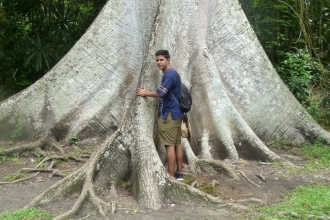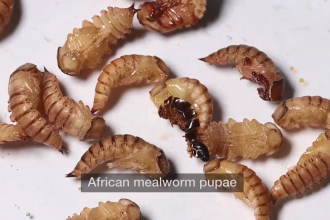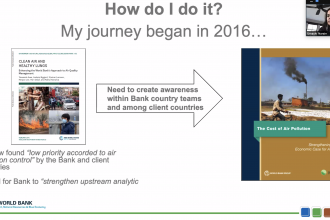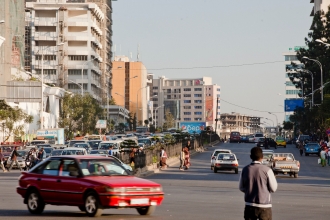Raising the bar? Top management teams, gender diversity, and environmental sustainability
This study examines how female board directors and top managers may influence an organization’s decision to adopt ISO 14001. Upper Echelon Theory (UET) argues that an organization’s outcomes are
based on the decisions made by its directors and managers, who






